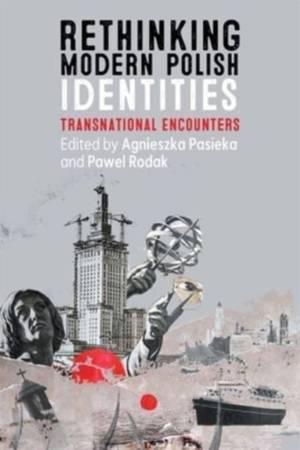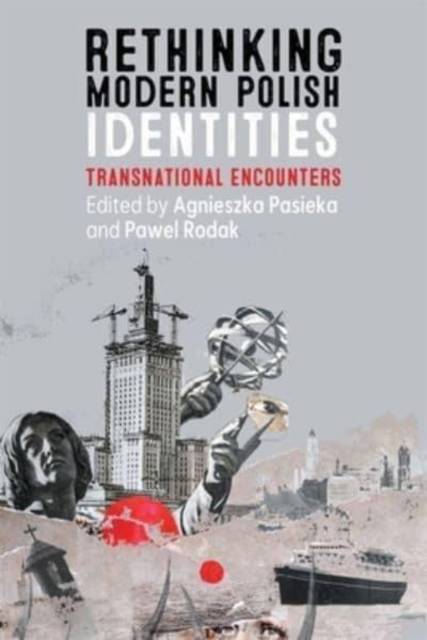
- Afhalen na 1 uur in een winkel met voorraad
- Gratis thuislevering in België vanaf € 30
- Ruim aanbod met 7 miljoen producten
- Afhalen na 1 uur in een winkel met voorraad
- Gratis thuislevering in België vanaf € 30
- Ruim aanbod met 7 miljoen producten
Zoeken
Rethinking Modern Polish Identities
Transnational Encounters
€ 257,95
+ 515 punten
Omschrijving
A critical examination of the category of "Polishness" - that is, the formation, redefinition, and performance of various kinds of Polish identities - from a wide range of disciplinary perspectives. Inspired by new research in the humanities and social sciences as well as recent scholarship on national identities, this volume offers a rigorous examination of the idea of Polishness. Offering a diversity of case studies and methodological-theoretical approaches, it demonstrates a profound connection between national and transnational processes and places the Polish case in a broader context. This broader context stretches from a larger Eastern European one, a usual frame of comparison, to the overseas immigrant communities. The authors, renowned scholars from Europe and the United States, thus demonstrate that an understanding of modern Polish identity means crossing not only historical but also geographical boundaries. Consequently, the narrative on Polish identity that unfolds in the volume is a personalized and multivocal one that presents the perspectives of a wide range of subjects: peasants, workers, migrants, ethnic and sexual minorities-that is, all those actors who have been absent in grand national narratives. As such, the examination of Polishness sheds light on the identity question more broadly, emphasizing the interplay of pluralizing and homogenizing tendencies, and fostering a reflection on national identity as encompassing both sameness and difference.
Specificaties
Betrokkenen
- Uitgeverij:
Inhoud
- Aantal bladzijden:
- 384
- Taal:
- Engels
- Reeks:
- Reeksnummer:
- nr. 30
Eigenschappen
- Productcode (EAN):
- 9781648250583
- Verschijningsdatum:
- 21/03/2023
- Uitvoering:
- Hardcover
- Formaat:
- Genaaid
- Afmetingen:
- 152 mm x 229 mm
- Gewicht:
- 680 g

Alleen bij Standaard Boekhandel
+ 515 punten op je klantenkaart van Standaard Boekhandel
Beoordelingen
We publiceren alleen reviews die voldoen aan de voorwaarden voor reviews. Bekijk onze voorwaarden voor reviews.










